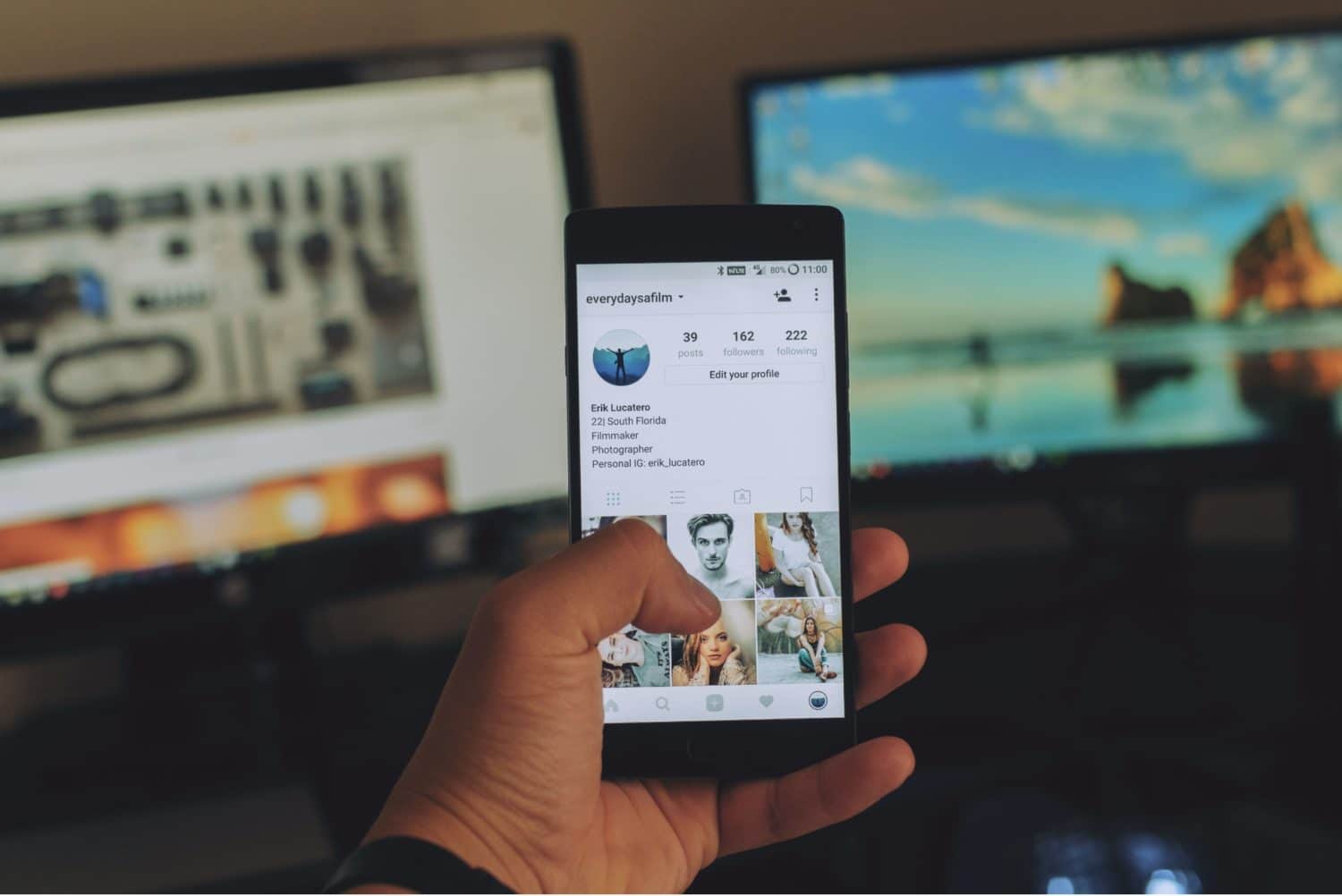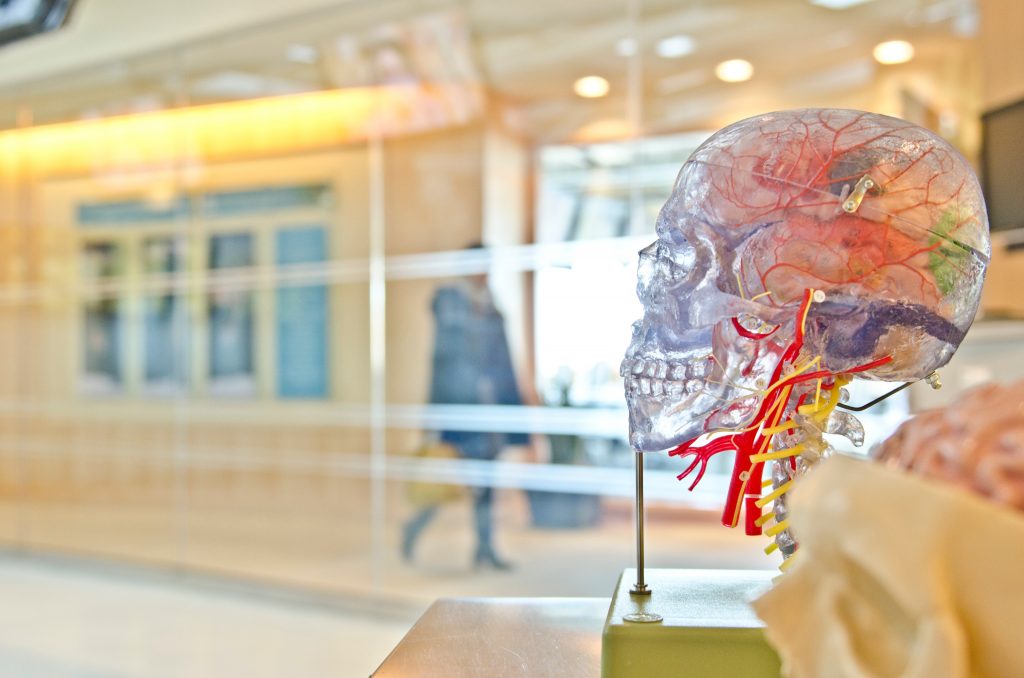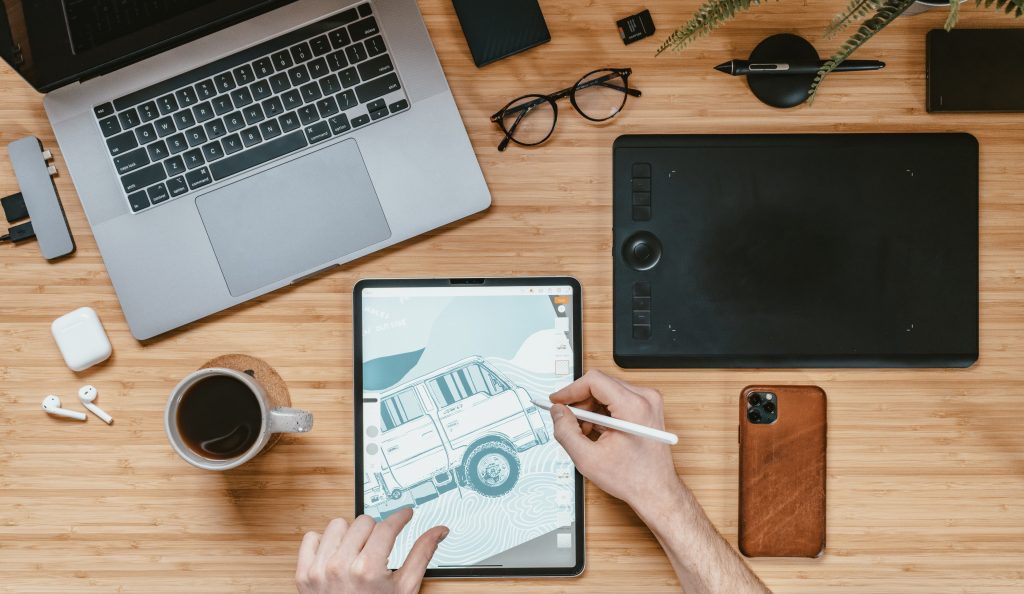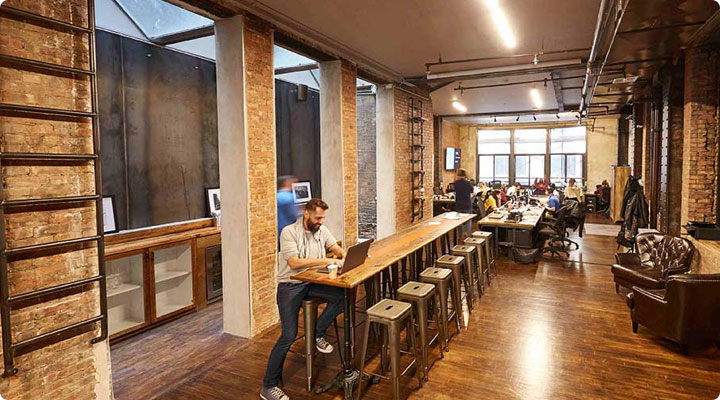Ready to see it for yourself?
One of our workspace experts will reach out to you based on your communication preferences.

“You can do two things at once, but you can’t focus effectively on two things at once.”
- Gary Keller
Do you look for employees who can multitask? Do you take pride in being a multitasker yourself? Are you aware of the damaging effects of multitasking?
Multitasking seems to be a great quality to have. After all, it involves doing more than one thing at the same time. It’s easy to believe that we are more productive when we do this. Imagine going through your emails, text messages, and social media while doing crucial tasks from your to-do list. You would definitely feel like a superhero at the end of the day when you get all of them done!
However, studies over the past decade have found that multitasking is not as helpful as we believe. In fact, it even does more harm than good. Our brain is wired to do only one thing at a time, so multitasking is pushing it to go into overdrive. Here are 7 instances demonstrating the damaging effects of multitasking and how it affects us in negative ways:

A study in the US National Library of Medicine states that multitaskers are more prone to distraction. This is one of the damaging effects of multitasking. They have a harder time focusing on their tasks, because their brain needs to refocus every time they switch from one task to another.
Moreover, believe it or not, our brain becomes addicted to the rush we get when we switch tasks and lose our focus. Neuroscientist and author Daniel Levitin said multitasking causes a dopamine-addicting feedback loop wherein our brain gets addicted to this rush. Just like other addictions, this is one hard habit to break.
According to researchers Reynol Junco and Sheila R. Cotton, we cannot process information when we have too much on our plate. Learning new things requires focus and, since multitasking takes that away from us, it will be hard for us to absorb these unfamiliar details.

The University of London also has another explanation for why our learning is affected when we multitask. Their study found that multitasking lowers our IQ. It drops down so low that we’ll not be any better than an average eight-year-old.
One of the damaging effects of multitasking is that it often results in information overload, which can cause us to forget important notes, steps, or details. When we miss these vital pieces of information, we end up with subpar outputs potentially littered with mistakes.
Maybe you are not yet experiencing this kind of memory loss. However, a study by the University of California, San Francisco found that multitasking worsens our memory as we grow older. So, if you are still managing to remember everything you have to do, that’s good. However, do not expect that it will still be the same in five or ten years.

Our body produces adrenaline and cortisol, which is a stress hormone, when we multitask. Ironically, it does not lead us to stop and drop what we’re doing. It does the opposite. Multitasking makes us want to multitask more, which leads to more stress and more things to do. It is a vicious cycle that leaves us less productive, sick, anxious, and suffering from burnout.

Levitin also pointed out that we use a lot of energy when we multitask. We need oxygenated glucose when we focus on one activity. We use up even more of it when we shift between unfinished tasks. As a result, we end up depleting this vital substance in a short period of time, which leaves us so exhausted that taking rest is not enough to make it go away.

If you think that we work faster when we multitask, think again. On the contrary, we are slower and less efficient this way. This is because of what psychologists refer to as “task switch cost”. We encounter this whenever we attempt to perform tasks simultaneously. It also prevents us from acquiring automatic behaviors that help us work faster, because we only learn these behaviors when we give our complete attention to each task in turn.
Moreover, you would be surprised how much time we are wasting when we multitask. According to a University of California study, we use up to 23 minutes and 15 seconds to refocus our brain for only one switch.
We’re not immune from making mistakes when we’re working on any given task, let alone when we attempt to do more than one thing at the same time. Multitasking divides the mind. So, no surprise, not giving our full attention increases the risk of errors. We also make mistakes because we get our tasks mixed up and have a hard time distinguishing relevant details from irrelevant ones.

Multitasking can also result in flawed choices, leading to more errors. Switching from one activity to another countless times involves a lot of decision-making. When we do this a lot, we get decision fatigue. Our ability to choose the best options slips away. So, when it is time to make a crucial decision, it is hard to make the right one anymore.
Because we use up a lot of our brain going back and forth, we are left with almost nothing for creativity. Thinking of ideas requires a lot of concentration, which we do not have when we multitask. According to neuroscientist Earl Miller, constant switching and refocusing prevent us from fully immersing ourselves in what we are working on.
The anxiety we get from multitasking contributes to this as it limits us to using the areas of our brain that are meant to keep us safe. Other parts of the brain are ignored, like the frontal lobe that is in charge of creativity. This means that we may get things done, but we’re not bringing anything innovative to the table.

There are other ways to accomplish more without multitasking and risking our mental health. For instance, eliminating unnecessary tasks when doing an important one is a great way to start. We can also allow a specific amount of time for one activity. It does not have to be a whole hour, just 20 minutes is enough. Then, take a break before starting on another one.
The business world is moving at an increasingly fast pace. To keep up, it’s tempting to think that we need to work faster by juggling two or more things at once. However, it is time to break the habit of multitasking if we want better results - not only in terms of our work, but also our health and wellbeing.
“The key is not to prioritize what’s on your schedule, but to schedule your priorities.”
- Stephen Covey

Are you looking for a NYC event venue for personal or business occasions? Do you need a fresh perspective for your workday, a business address or virtual mailbox? If it’s time to level up your business and you’re looking to make some serious marketing moves, we have the answer for you!